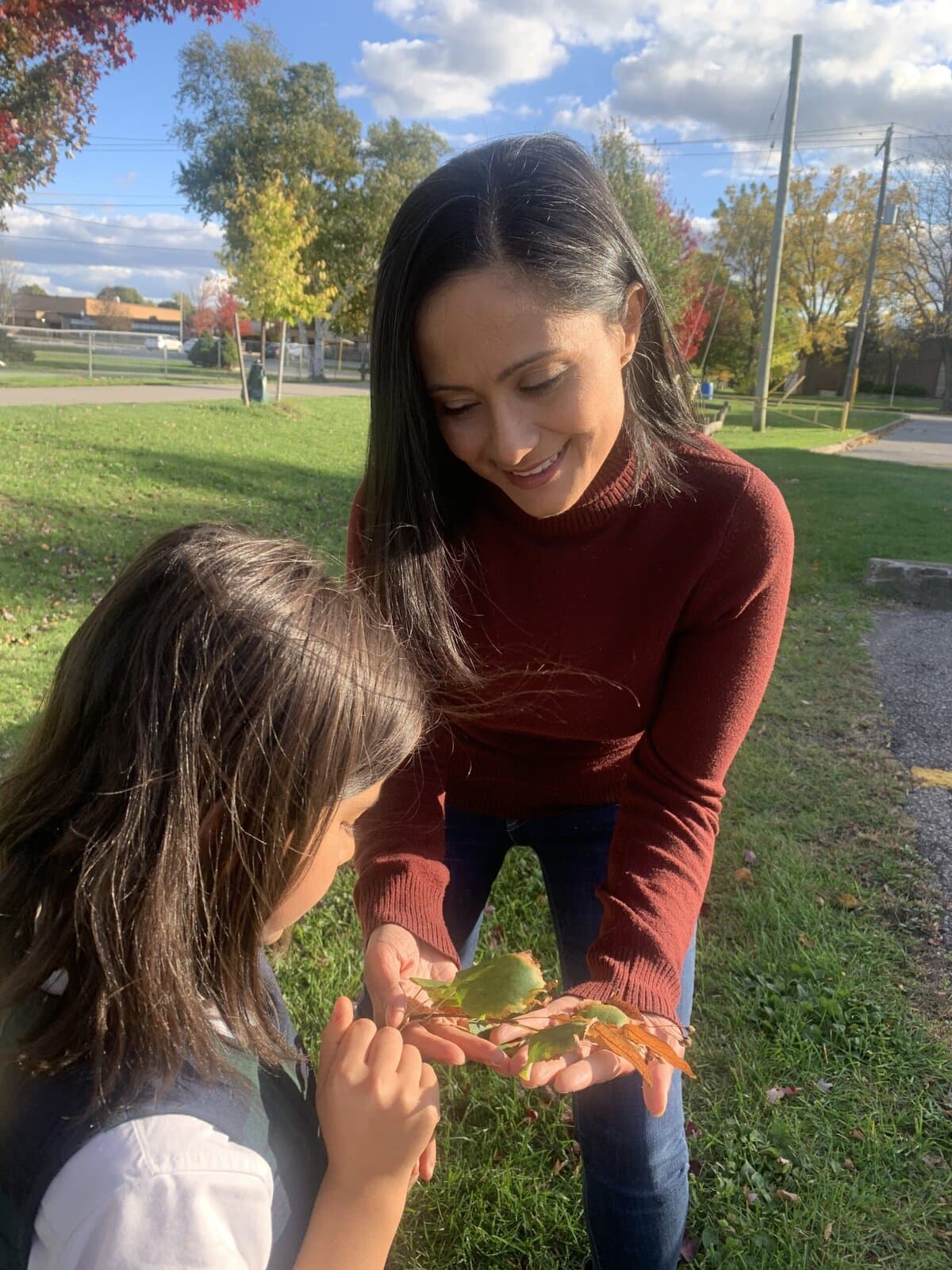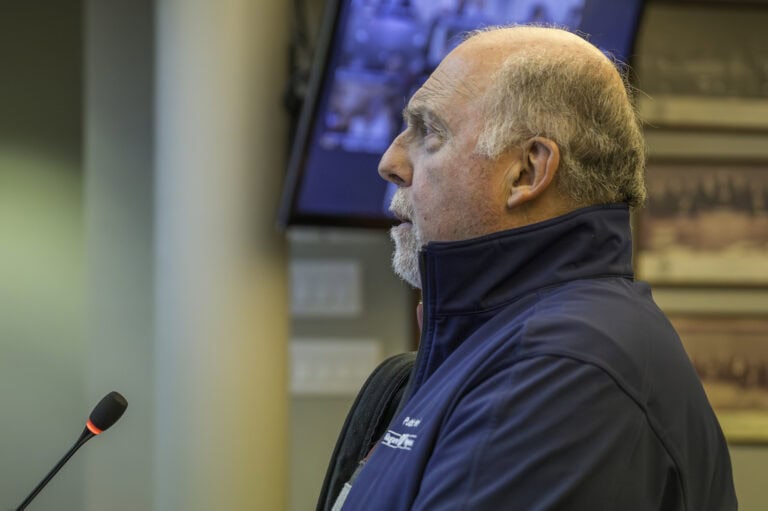Dr. Robin Williams
Dr. Richa Agnihotri
Special to The Lake Report
Children are experiencing a mental health crisis, exacerbated by the COVID-19 pandemic, with excessive screen use, physical inactivity, parental stress, social isolation, food insecurity and many other contributing factors at play.
As pediatricians (one retired and one very active), we advocate for accessible services and spaces that offer children and families from all walks of life opportunities for learning, enrichment of health and well-being, and connection.
And in our practices we regularly hear stories about the addictiveness and capture of screens on our kids,
Here is just one example: One parent recalls how her three-year-old son refused to go on a walk because he wanted to watch the cartoon show “Bluey.”
With great difficulty, the mother relented and offered that he could watch “Bluey” on the family’s tablet when he was at the park where the rest of his family was planning to meet them.
He agreed but, once at the park, he ran off to explore the rocks, the leaves, the acorns and flowers, having completely forgotten about the promise made earlier.
He played for hours and was delighted and engaged the entire time. He bonded with his family and had a great night’s sleep following his eventful day.
Anecdotes like this make us excited to support the Niagara Parks Commission and its foundation for once again thinking of children and families with their latest initiative of building a Children’s Garden next to the Butterfly Conservatory on the Niagara Parkway.
This project has the potential to make a profound and magical impact on child and family health and well-being — today, tomorrow and for generations to come.
Niagara Parks’ announcement this summer of its plans for the garden is timely and welcome.
The vision for a 1.6-hectare garden with 12 sensory-rich elements that celebrate Niagara’s unique features and important history, provides an enriching alternative to screen time and is aligned with the Canadian Paediatric Society’s recommendations on screen use.
The organization encourages young minds to engage in activities that foster educational, social and emotional development while promoting creativity and exploration.
Connecting with nature and connecting in nature both have solid benefits: little hands in sand and water and soil, bring the principles of science and math and literacy alive.
Children will be given the opportunity to learn how plants and vegetables grow, down to their roots (in the Root Zone), giving them opportunities to build an understanding of nutrition and improve their food literacy, which can translate to healthier eating habits.
The Children’s Garden also has the potential to enhance respect for our environment and grow a future cohort of children conversant in sustainability and environmental protection, which can be empowering during a time in which climate anxiety is prevalent.
Learning in this shared space can encourage creativity, social and emotional skill-building, focus and attention and stress management skills, thereby enhancing resilience.
As well, it will let families come together and build stronger social connections, developing a sense of community, which has also been shown to improve mental health.
Furthermore, the garden has the potential to bring communities together, foster teamwork and improve cultural understanding, especially of our Indigenous partners.
The importance of physical activity and outdoor play, in particular activities that include some risky elements, has been highlighted in recent work from the Canadian Paediatric Society.
This vast Niagara Parks garden, along with the tree-top walk, and areas for water and rocky elements, will enable children to explore, learn, climb, relax and build skills such as visual-spatial awareness and water safety.
Although we know parenting styles change over the years, the supports that institutions and society provide for young families is always important in this journey.
So, this garden will be not only a destination for tourists, but we hope it will become a regular drop-in spot for Niagara’s neighbourhood families.
The future of the Niagara Region, and Canada and beyond will be in these “little hands” and what better way to contribute to the overall health and well-being of families, than Niagara Parks’ commitment to establishing a Children’s Garden.
We are very excited about the great potential it offers.
- To learn more about the Children’s Garden, contact Niagara Parks Foundation chair Deborah Whitehouse at foundationchair@niagaraparks.
com.
Dr. Robin Williams, a member of the Order of Canada, is a retired pediatrician and former Ontario associate chief medical officer of health. Dr. Richa Agnihotri, the mother of two young children, is a Niagara pediatrician who specializes in children’s mental health.










